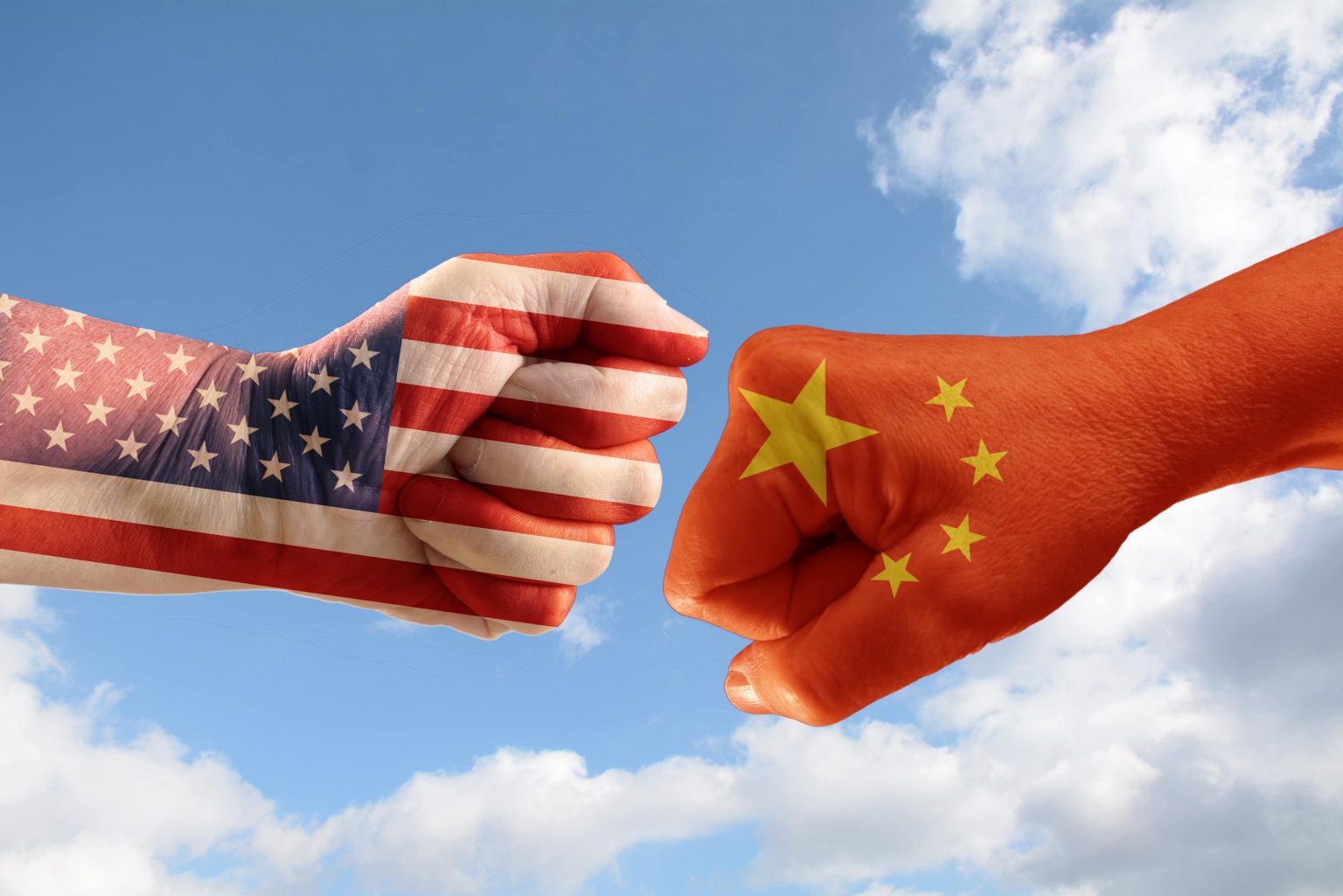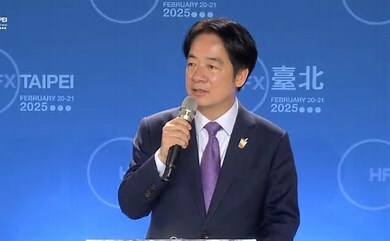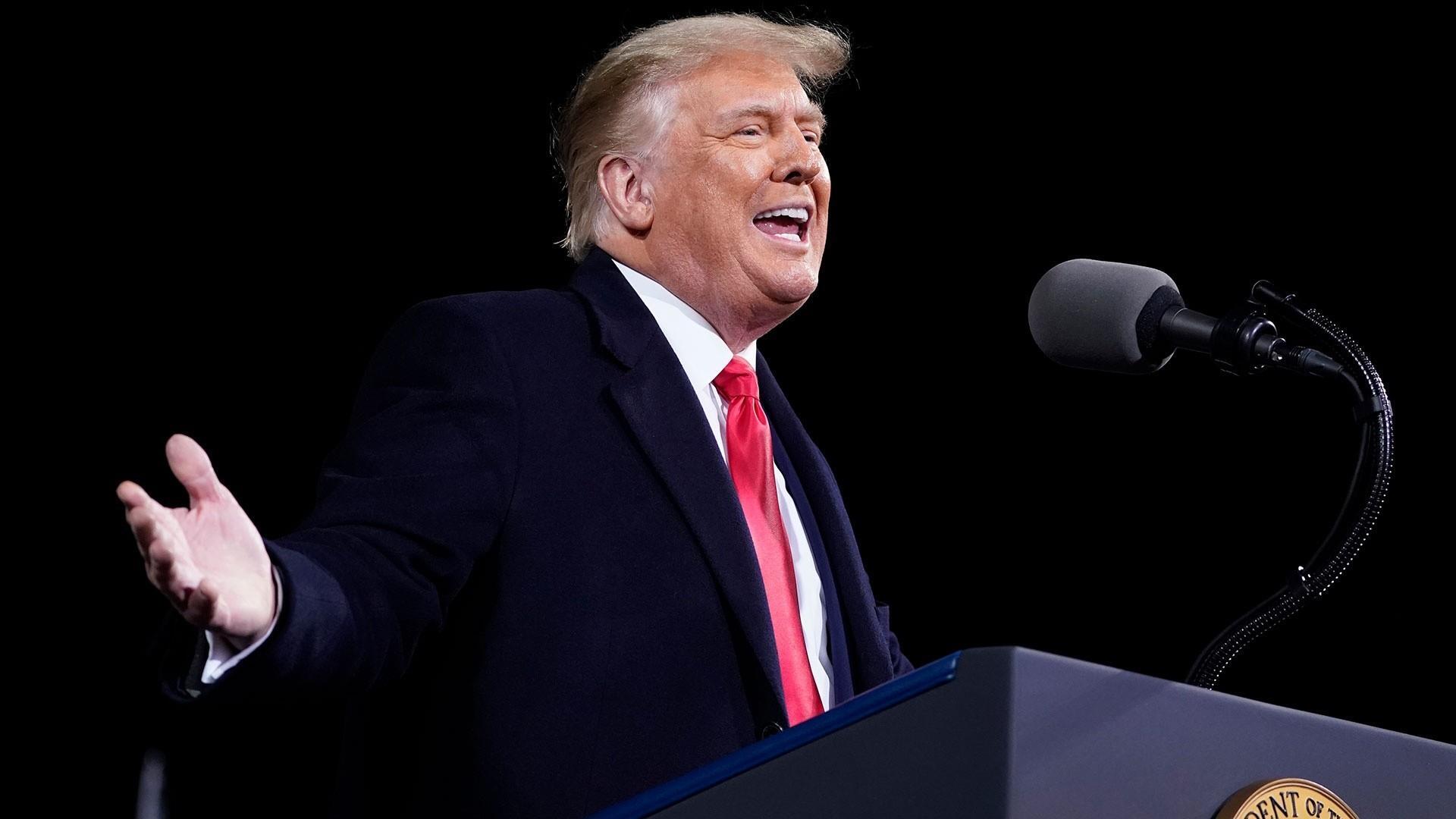by Martin Haffner Associate Editor
In a dramatic escalation of tensions in East Asia, China has lashed out at the United States in response to recent developments regarding Taiwan’s independence. The meeting of top officials in Washington, D.C., has set a contentious stage for strained Sino-American relations and significantly raised the stakes over the Taiwan question.
Taiwan, a self-governing island that China considers a breakaway province, has been a flashpoint in U.S.-China relations for decades. The island, however, operates with its own democratic government and has aspirations for further international recognition. Recent weeks have seen a shift in the dynamics surrounding Taiwan’s independence, particularly as U.S. support for Taiwan appears to be solidifying.
Background to the Tensions
Historically, the U.S. has maintained a policy of strategic ambiguity regarding Taiwan, offering support for the island’s defense without explicitly endorsing its independence. However, recent legislative changes and increasing military cooperation with Taiwan have signaled a potential shift. The Biden administration has bolstered arms sales to Taiwan and expanded its military training programs, prompting Beijing to accuse Washington of meddling in its internal affairs.
Chinese officials have vocally condemned U.S. actions, characterizing them as provocations that contravene the One China Policy – the principle that recognizes only one Chinese government, which Beijing insists includes Taiwan. The Chinese government’s latest statement underscores its growing frustration, with Foreign Ministry spokesman Zhao Lijian declaring that any moves toward Taiwanese independence would be met with “resolute countermeasures.”
The Perceived Threat
The events and rhetoric have been interpreted by Beijing as not only a challenge to its sovereignty but also as a direct threat to regional stability. Analysts suggest that China fears that increased U.S. backing could embolden Taiwan’s independence-seeking factions, potentially leading to an outright declaration of independence. Such a declaration could provoke a military response from China, which has repeatedly stated that it would not rule out the use of force to achieve reunification.
China’s response has varied from diplomatic protests to military posturing, including conducting military exercises near Taiwan and increasing aerial incursions into Taiwan’s air defense identification zone (ADIZ). The message is clear: China will not hesitate to assert its claims over Taiwan, and it regards any U.S. involvement as a blatant challenge to its authority.
A Divided International Community
The international community watches closely as these relations evolve. While some countries remain staunchly supportive of Taiwan, others are wary of China’s powers and influence. Diplomatic recognition of Taiwan has eroded over the years, with few nations willing to establish formal ties, welcoming U.S. support as a counterbalance against Chinese influence in the region.
However, U.S. allies and partners face their own dilemmas. Many countries depend on China economically and are cautious about openly supporting Taiwan independence for fear of inciting a backlash from Beijing. This tension highlights the delicate balance that nations must navigate between supporting democratic values and maintaining vital trade relationships.
The Future of U.S.-China Relations
The Taiwan issue serves as a litmus test for U.S.-China relations under the current global landscape where great power competition is intensifying. As both nations grapple with their national interests, the potential for conflict increases, underscoring the necessity for diplomatic engagement and dialogue.
Observers are urging both sides to exercise restraint and seek resolutions through negotiation rather than escalation. The stakes involve not only peace in the Taiwan Strait but also broader implications for international norms and global power dynamics.
As rhetoric intensifies and tensions mount, the situation surrounding Taiwan becomes an increasingly critical factor in U.S.-China relations. Each side’s actions and responses will be pivotal in shaping regional stability and international order. The coming months will reveal whether diplomacy can prevail over confrontation, or if escalating hostilities will ignite a crisis in one of the world’s most contentious geopolitical flashpoints.



